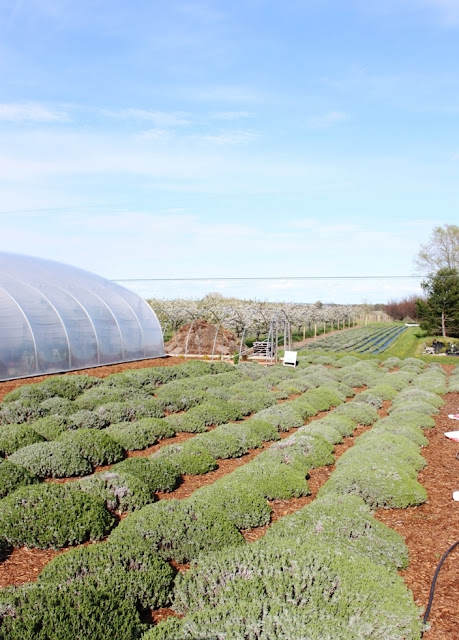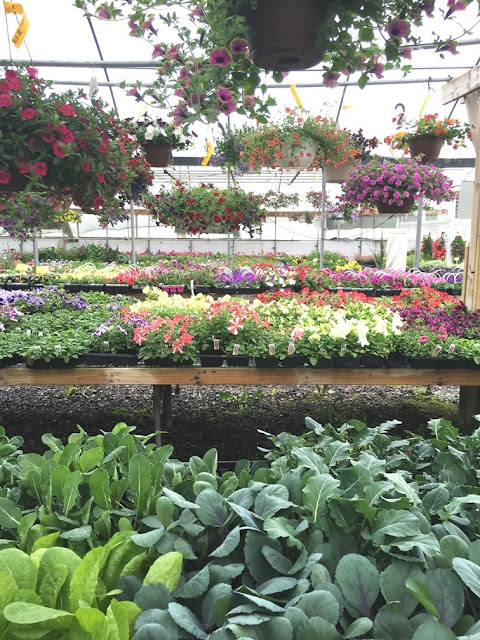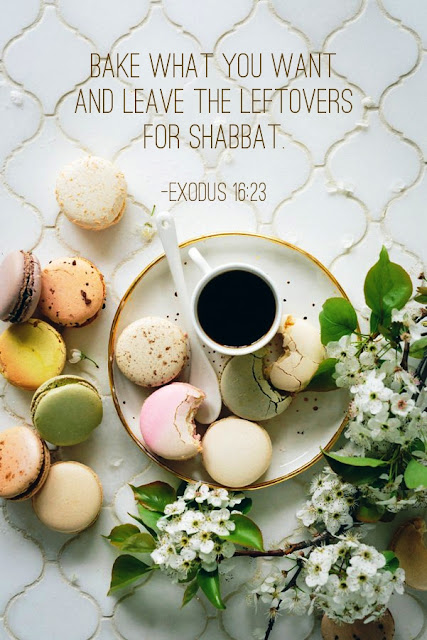In this post we will discover some of the spiritual significance and meaning behind the Biblical holiday of the Feast of Unleavened Bread. We will look at what this holiday means, and the reasons why it is celebrated today. This special time reminds us of how quickly the Living God acted on behalf of his people in Egypt, and the lessons we learn from those saving acts! The holiday of Unleavened Bread is found in the Bible in Leviticus 23, Deuteronomy 16, and Exodus 12.
Do you ever wonder what the meaning is behind the holiday of Unleavened Bread in the Bible? It's not just a weird week of eating flatbread; it has spiritual significance beyond that of being lumped in with Passover. In the Exodus story the Israelites were commanded to eat no leaven immediately following Passover, and then of course the first part of their journey into the wilderness took place during Unleavened Bread (including the crossing of the Red Sea). During this time, all believers are told to eat unleavened bread to remember the miracles that YHWH performed to free his people from slavery. It was also during this Biblical holiday that the Messiah rose from the dead! Celebrating Unleavened Bread helps us to refocus on how awesome the God we serve is and reminds us of these spiritual truths as well as many others.
Let's take a look at just a few lessons the Feast of Unleavened Bread teaches us.
1. All things are possible with YHWH. If you grew up hearing the Exodus story, it's easy to gloss over how amazing these events were after a while. Can you imagine the sudden emancipation of an entire enslaved people group? Scripture says that 600,000 men left Egypt, and with women and children the total number would likely have been around 2,000,000. I would say aside from the life, death, and resurrection of the Messiah, a few million people walking away from slavery would be one of the most singularly amazing moments in history. There was no insurrection, there was no violent political coup...they just walked out. I'm sure no one would have ever expected the slaves to just go free, including those who were enslaved. Even when many people didn't expect it, the Living God worked in truly awesome ways! The Messiah's followers experienced their own version of this when, beyond all hope or expectation, their executed Savior came back to life! Whatever you're longing for in your life is possible with God.
2. Things can get better very quickly. Do you know why unleavened bread is eaten this week? It's to remember that circumstances changed so quickly for the Israelites that they didn't have time to let their bread dough rise properly before baking. They needed to leave so suddenly that there simply wasn't time. Making bread from scratch can be a lengthy project, but there is no reason it can't be done within 24 hours. In less time than that the Israelites went from enslaved by the most powerful empire in the world to having freedom, and even being sent away with gifts! What not ideal circumstances do you find yourself in right now? Where are you struggling? What do you feel like will never change? You never know how suddenly things will get better.
3. We need to get rid of the old leaven. What is leavening your life in a spiritual or emotional sense right now? There comes a time when we are told to get rid of those things. Not necessarily because they are all bad, but because we are being called to better things. Leaven is a permitted thing to us most of the time, but during this week it is not. In the same way there are times where emotions like anger are permitted (and even godly), but eventually we are called to get rid of that and not have it control our lives. Like 1 Corinthians 5 tells us, a little leaven permeates the whole thing. Don't continue to let leaven spread in your life to where it shouldn't be.
4. We need to proactively make changes. During the Feast of Unleavened Bread we are commanded to eat differently. That change is not just going to happen on its own. We need to intentionally get rid of the leavened bread in our kitchens and choose to make or purchase unleavened bread. Unless we make these decisions we will miss out on this time from our Creator. Unleavened bread is not just going to materialize in your home. What other areas of your life is YHWH calling you to make changes in? It could be to choose more life giving words for the people in your life, to spend more time studying his word or in worship, or to change your thinking in some way. Consider what steps you can take today to be obedient to the call on your life.
5. To be grateful for what we have. There's nothing like a restriction to make us appreciate what we had! That first bite of a sandwich or croissant or pizza or whatever your leaven of choice is, is a joyous moment after Unleavened Bread is over. It's easy to overlook how wonderful simple things are, and I think the Feast of Unleavened Bread is a good reminder to take joy in the things we take for granted...whether that's the people in our lives, the job we are blessed with, the home we get to live in, or the many other blessings we all have from the Creator.
There are many more lessons to be had from the Feast of Unleavened Bread but these are a few reminders that can truly transform our lives, because the Savior lives and we have been set free!
Related posts:
Why I Started Keeping the Biblical Feasts
The Beginner's Guide to the Feast of Unleavened Bread
12 Ways to Celebrate Unleavened Bread
.JPG)
.JPG)
.JPG)

















